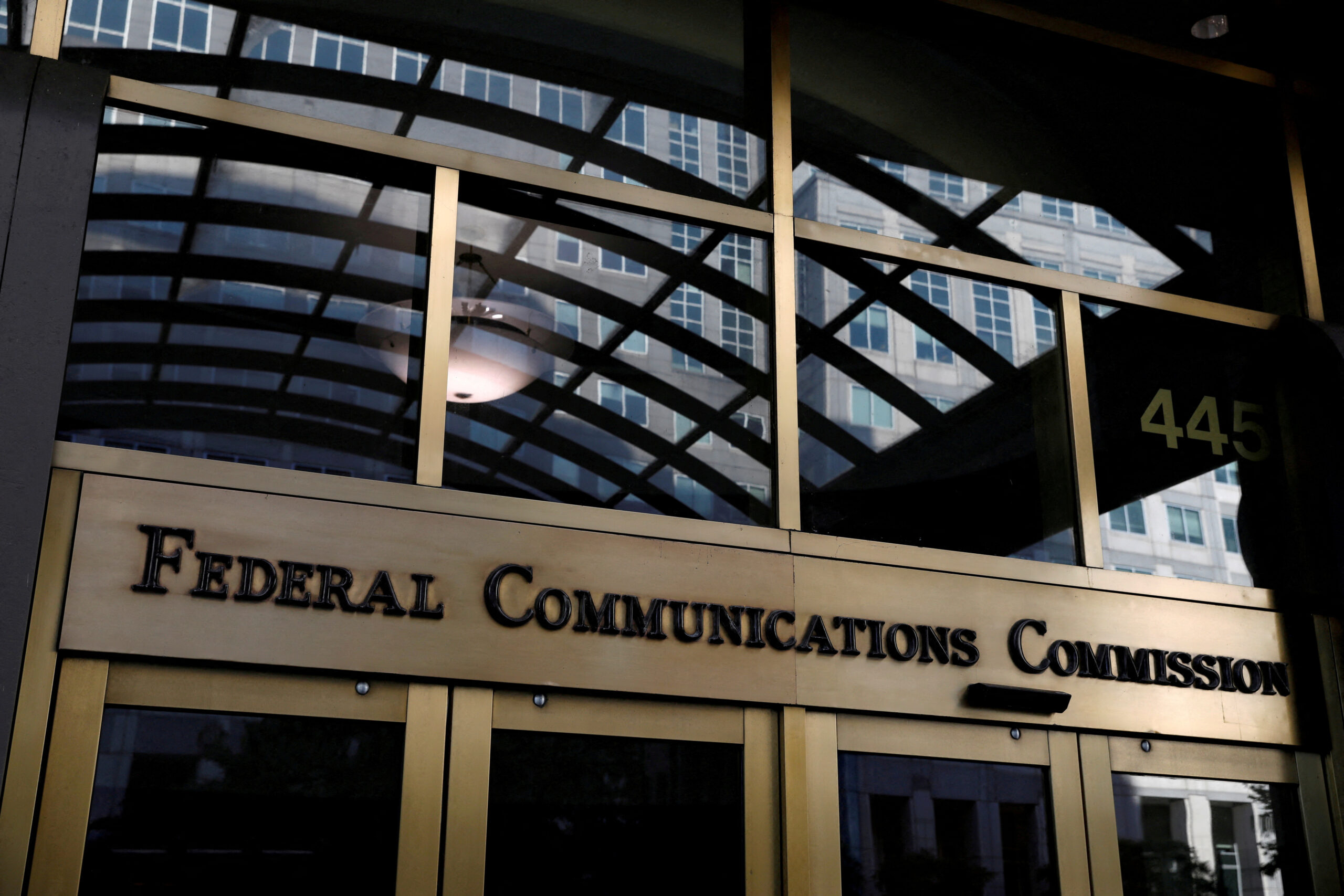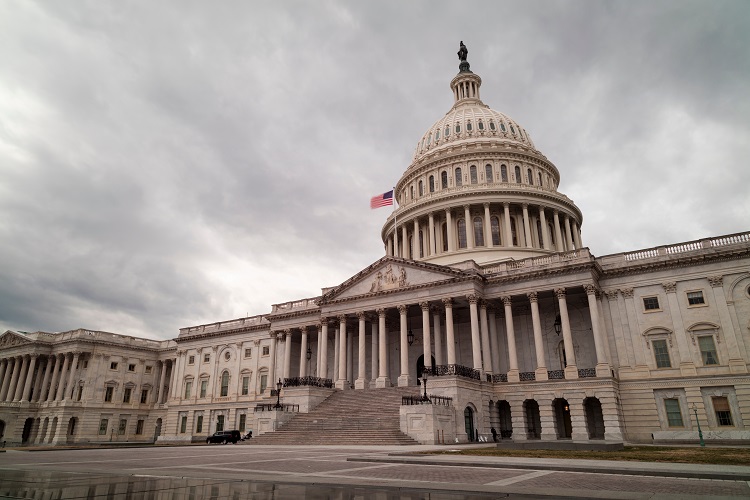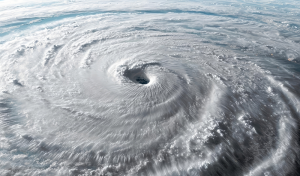Welcome to Our Research Archive
Search and filter by content type, issue area, author, and keyword

April 15, 2025
Irony, Congress, and the FCC: The Broadcast Freedom and Independence Act of 2025
In a sure sign of our topsy-turvy political times, Democrats in the US Senate and House of Representatives are sponsoring legislation that seeks both to rein in the reach of federal regulatory authority and to promote the fundamental First Amendment value that expression of all viewpoints should be allowed rather than squelched and punished by…

April 14, 2025
The Strange New Politics of Science
Amid the familiar lines of political division in America—immigration, abortion, taxes, regulation, and the like—a new divide has emerged over trust in science. Concerns about the politicization of science and the “scientization” of politics can be traced back decades. But more recent trends indicate that we are entering a new era in the politics of science,…

April 11, 2025
“Misinformation” Is Condescending: Do Better, Elites
The concept of “misinformation” is deeply condescending. As commonly used in our discourse, it says the following to and about the public: “You’re getting the wrong information, and it’s causing some bad behaviors. We’re going to get you better information, pat you on the head, and tuck you in.” It’s not nice to talk to…

April 10, 2025
The Apocalypse Machine Rolls On
Climate scenarios are fundamental to climate research and policy. For more than a decade, one scenario dominated research informing discussions of climate among scientists and decision makers. Called RCP8.5, today that scenario is widely recognized as implausible, leading to apocalyptic portrayals of future climate change and providing an unreliable basis for policy analyses for adaptation and…

April 10, 2025
Satellite Broadband Competition—New Hope, but for Which Markets?
Last week, Amazon subsidiary Project Kuiper announced plans to launch the first 27 satellites in its 3,000-plus planned low earth orbit (LEO) constellation from Cape Canaveral Space Force Station in Florida on April 9. The launch brings long-promised competition in the satellite broadband space for Elon Musk’s 5,000-plus-satellite Starlink system, which, up to now, has…

April 9, 2025
The Perversity and Unconstitutionality of Climate Superfund Laws: When Political Myopia Reigns Supreme
Money grabs by politicians and ideological interest groups are nothing new, but the spate of recent proposals for climate “Superfund” laws — attempting to blame and tax the fossil energy producers for many billions of dollars for the purported adverse effects of anthropogenic (caused by emissions of greenhouse gases (GHG)) climate change — truly are in a…

April 9, 2025
Measuring and Building Human Leadership in an AI World
A new working paper from the National Bureau of Economic Research, Measuring Human Leadership Skills With AI Agents, presents evidence that artificial intelligence may soon play a central role in evaluating human soft skills—long considered too complex and subjective to measure objectively. Conducted by Ben Weidmann and David Deming et al. at the Harvard Kennedy School,…

April 9, 2025
California Finally Abandons Facets of Flawed Social-Media Mandate
Department of Government Efficiency, but the world’s richest person recently scored an important––albeit largely overlooked––First Amendment victory for social media platforms against intrusive, peek-under-the-hood government regulations. In late February, a final judgment and permanent injunction barring enforcement of key parts of California Assembly Bill 587 (AB 587) was agreed to by the parties in X…

April 8, 2025
My Response to the House Commerce Committee Privacy Working Group
In February 2025, the House Committee on Energy and Commerce announced the creation of a privacy working group to address many of the now-familiar challenges created by our advanced digital economy. Shortly thereafter, the Committee released a Request for Information, inviting expert recommendations for the newly-formed group. I have given some thought to some of…

April 7, 2025
Behind the Curtain
Last month, climate scientist Kate Marvel, of NASA, shared “something I have really struggled with” about extreme event attribution. She was speaking as an invited expert in a public information-gathering session of the U.S. National Academy committee1 on extreme event attribution. Marvel, who also served at the lead author on the chapter on “Climate Trends” in the 2023 U.S. National…